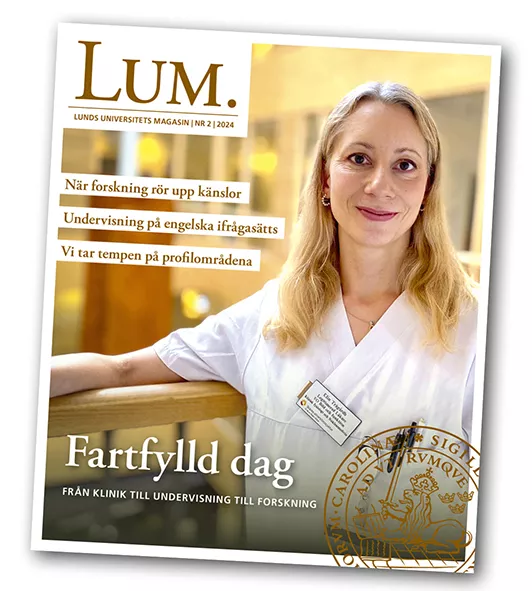Work in units
Divide your day into units and A and B tasks. You should dedicate four 45-minute sessions to undisturbed work on A-tasks – reading, thinking, writing. If your best hours are in the morning avoid answering any emails or scheduling any meetings at that time. Take real breaks! The 80/20 rule – 20 per cent of your efforts lead to 80 per cent of the result. 80/20 is both an approach and a specific technique. Take on the challenge of identifying the crucial 20 per cent and ensure you make time for it. Apply it to data collection, have the courage to discard articles and spend more time on the few important articles. You also need to sift through the comments you receive at seminars – 20 per cent of the comments are key. Focus on them.
Final stage focus
Work backwards. Decide on the quality you would like to achieve and research some of the theses considered to be of high quality in the field – what do they do well? Start by deciding on what your most important contribution to the research shall be, then how many pages and chapters the thesis shall have. Decide which parts of your thesis are the most important – dedicate the most effort and time to those and do not allow yourself to get stuck on the other chapters for too long. Use a folder with empty pages for each chapter that you progressively exchange for full pages – so you can clearly see your progress.
The demand-control-support model...
...is important in the management of stress. High internal and external demands need to be balanced by a great sense of control, something which planning and ‘working backwards’ can provide. The degree of academic and social support you receive at work and at home has an impact on how you feel and how much stress you can handle. One person, for example a supervisor, is often not able to provide all the necessary support. Find people who can complement the support of your supervisor with the support you require. Communicate clearly when you require extra support from the people around you.
Passive/active rest
It is not the stress itself that is dangerous, but the lack of recovery. Prioritise your recovery. It is important to know yourself and identify what provides recovery – passive or active rest? What you do for recovery should be associated with something you like doing and not something you must do. If you are very active in your free time maybe you need to do less. However, if you usually end up on the couch and binge watch TV-series you might have to complement this with active recovery – for example, exercise or seeing family and friends.





